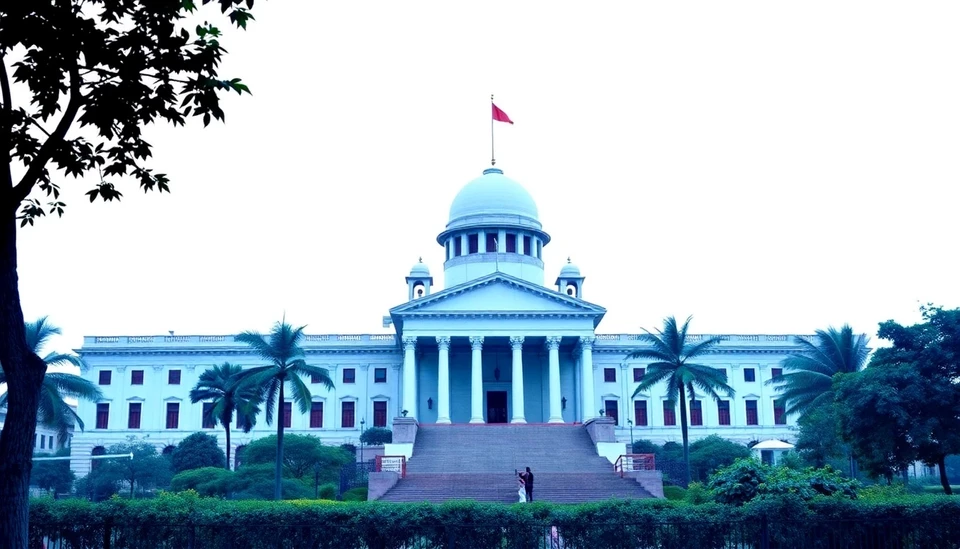
In a significant legal development, the Supreme Court has turned down a settlement proposal put forth by Byju's, India's largest ed-tech company, amplifying concerns surrounding its financial stability and potential insolvency. This ruling marks a pivotal moment for Byju's, which has been grappling with severe financial strains and decreasing investor confidence over the recent months.
The Supreme Court's decision came after a protracted legal battle where creditors had adamantly opposed the company's attempt to reach a settlement outside of formal insolvency proceedings. The court's rejection of the proposed settlement indicates a broader skepticism about Byju's capability to resolve its financial woes without intervention from the insolvency court, directing the company to potentially pursue a restructuring plan under the Insolvency and Bankruptcy Code.
Byju's, which has witnessed an aggressive expansion strategy leading to significant market presence globally, has recently faced a barrage of challenges. These have included rising debts, failure to meet financial goals, and widespread layoffs. The company's valuation has reportedly plummeted to a fraction of what it once was, exacerbating the urgency with which it needs to address its financial circumstances.
The case has drawn considerable attention from various stakeholders, including investors, creditors, and employees, all of whom are now left with uncertainties regarding the future of the company. Byju’s management had hoped that the settlement would allow it to avoid the lengthy and complex process typical of insolvency cases. However, the Supreme Court's ruling signals that creditors may not be willing to compromise without assurances of financial recovery.
As Byju's grapples with this setback, the implications for the broader ed-tech industry in India could be profound. The company, once heralded as a beacon of innovation and growth, now serves as a cautionary tale for other startups facing similar financial predicaments. The rejection of the settlement could trigger a ripple effect through the tech ecosystem, leading other companies to reevaluate their financial strategies and risk management approaches.
In light of these events, industry analysts will be closely monitoring any forthcoming announcements from Byju’s as they navigate this turbulent phase. The next steps for the company, whether they involve formal insolvency procedures or efforts to reestablish credibility with investors, will be crucial in determining its fate moving forward.
With Byju's staring down potential insolvency, the road ahead promises to be fraught with challenges that will test the resilience of the company and the broader ed-tech sector in India. Stakeholders anxiously await further developments as the clock ticks on Byju's ability to stabilize its operations and regain financial footing.
As the situation unfolds, the impact of the Supreme Court's ruling will resonate beyond Byju's, becoming a focal point for discussions on financial governance in India's rapidly evolving startup landscape.
#Byjus #SupremeCourt #Insolvency #EdTech #India #BusinessNews #Startups
Author: John Harris


